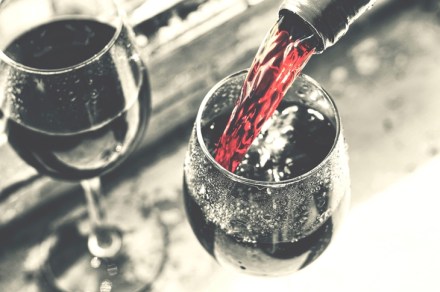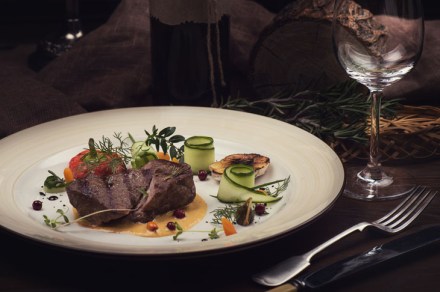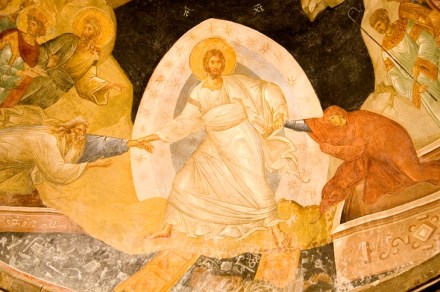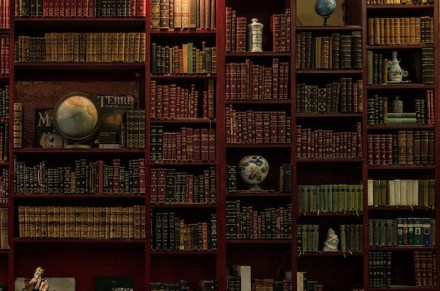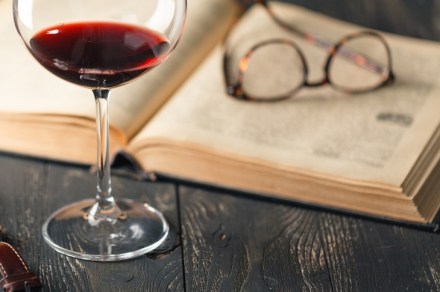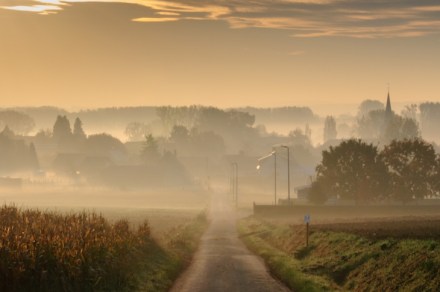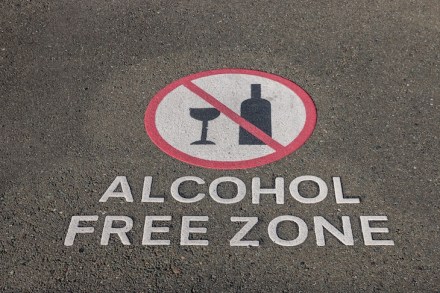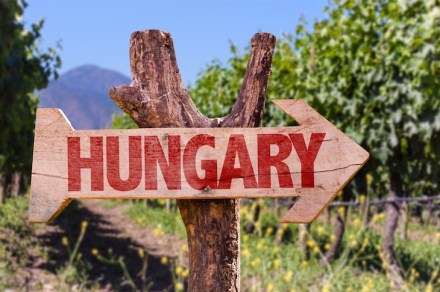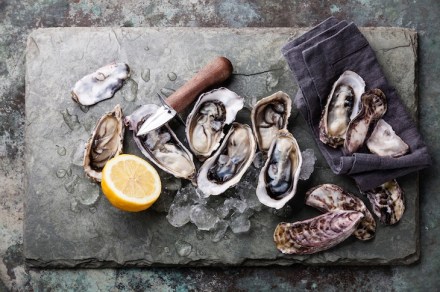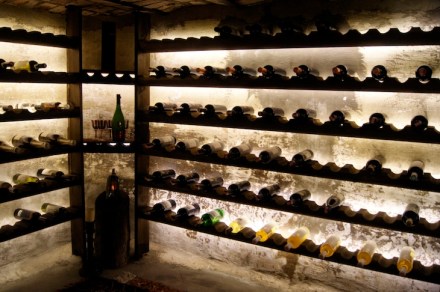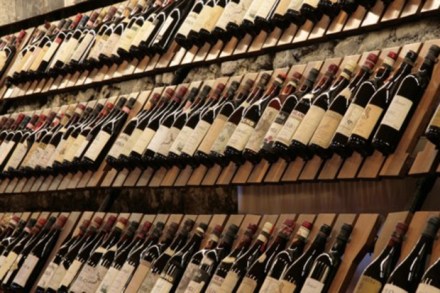The paradox of Burgundy
I was trying to remember what I once knew about the theology of the Reformation and especially the various factions’ arguments about good works. Some of them thought that good works were a testimony to Grace. To others, they were a route to Grace. To the Calvinists, they were a mere irrelevance. All that mattered was the inexorable, terrifying verdict of predestination. That at least is my recollection. Choosing a via media, if not necessarily Anglicana, I prefer a phrase from the 1990s, ‘the active citizen’. Whatever its relationship to Divine Grace, that sounds a useful goal, and I occasionally try to pursue it, especially in relation to a club
